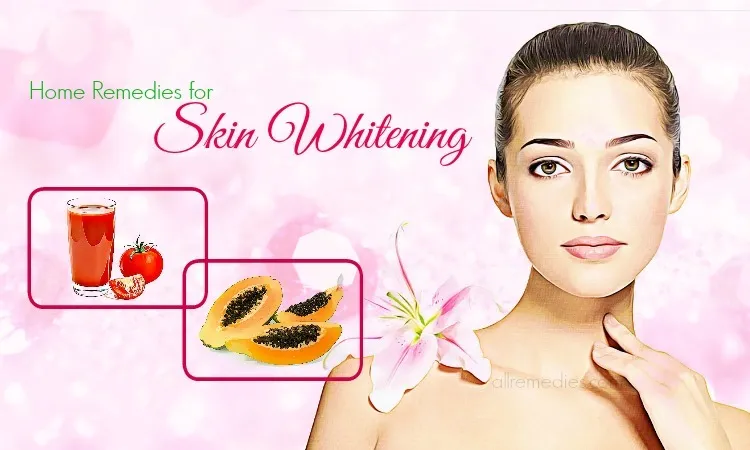Understanding Skin Glowing and Whitening
The pursuit of glowing and whitening skin is a timeless quest, fueled by the desire for a radiant, even complexion. Glowing skin isn’t just about aesthetics; it reflects overall health and vitality. Skin whitening, on the other hand, focuses on reducing hyperpigmentation and achieving a lighter skin tone. Both goals are often intertwined, as many natural remedies address both aspects simultaneously. This article delves into the secrets of achieving a naturally glowing and whiter complexion using effective home remedies and lifestyle adjustments. It explores the science behind skin health, the factors that influence skin tone, and the best practices for achieving your desired results, ensuring you feel confident and beautiful in your own skin.
Causes of Dull Skin
Before embarking on the journey to glowing skin, it’s crucial to understand the culprits behind a dull complexion. Several factors can rob your skin of its natural radiance. These include the buildup of dead skin cells, which create a barrier preventing light from reflecting off the skin’s surface. Dehydration is another major contributor, as a lack of moisture makes the skin appear lackluster and dry. Exposure to environmental stressors like pollution and UV radiation can also damage skin cells, leading to dullness and uneven tone. Poor diet, stress, and lack of sleep further exacerbate the problem, impacting skin health from within. Identifying these causes is the first step towards developing a targeted skincare routine to restore your skin’s natural glow.
Factors Influencing Skin Tone
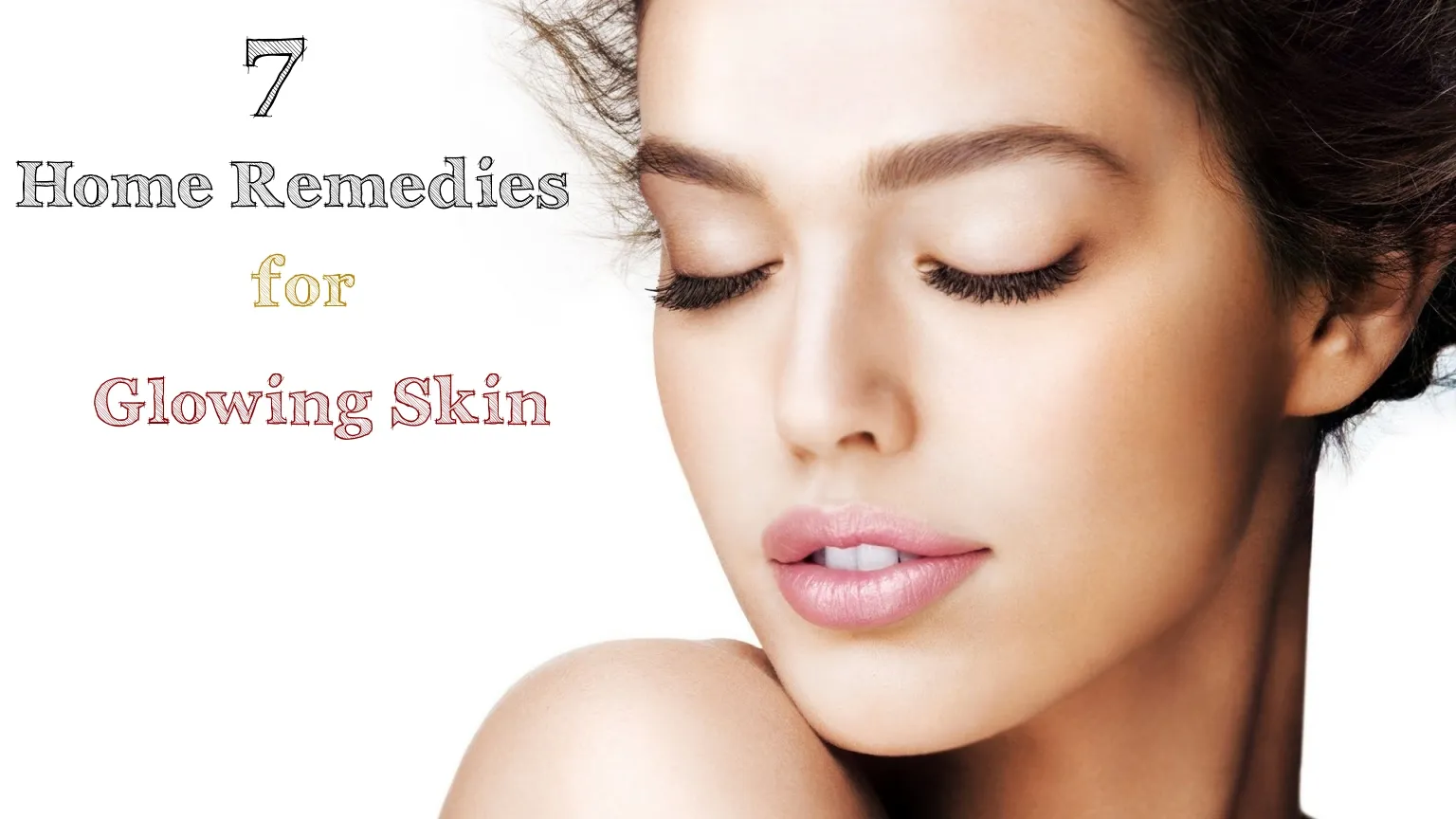
Skin tone is determined by several factors, primarily melanin, the pigment responsible for skin color. The amount of melanin produced varies depending on genetics, sun exposure, and hormonal changes. Genetics dictate your baseline skin tone, while sun exposure stimulates melanin production, leading to tanning and potential hyperpigmentation. Hormonal fluctuations, such as those experienced during pregnancy, can also trigger increased melanin production, resulting in uneven skin tone. Furthermore, the overall health of your skin, including hydration levels, the presence of inflammation, and the rate of cell turnover, all play a role in influencing your complexion. Understanding these factors empowers you to make informed choices about skincare and lifestyle to achieve your desired skin tone.
Natural Remedies for Glowing Skin
Nature provides a wealth of ingredients that can help you achieve a naturally glowing and whiter complexion. Many of these remedies have been used for centuries in traditional skincare practices. These natural options are often gentler on the skin than harsh chemical treatments, making them ideal for sensitive skin types. Moreover, they often provide additional benefits such as hydration, antioxidant protection, and anti-inflammatory properties. By incorporating these remedies into your skincare routine, you can nourish your skin from the outside in and promote a healthy, radiant glow. Always perform a patch test before using any new ingredient to ensure you don’t have an adverse reaction.
Lemon Juice for Skin Brightening
Lemon juice is a natural skin brightener thanks to its high vitamin C content and citric acid, which acts as a gentle exfoliant. Vitamin C is a potent antioxidant that helps protect the skin from free radical damage and promotes collagen production, leading to a brighter, more youthful complexion. Citric acid helps to slough off dead skin cells, revealing fresh, glowing skin underneath. To use lemon juice, dilute it with water to reduce the risk of irritation. Apply the diluted lemon juice to the skin for a few minutes before rinsing thoroughly. Be cautious of sun exposure after applying lemon juice, as it can increase sun sensitivity. A small amount of lemon juice can make a difference.
Honey for Hydration and Glow
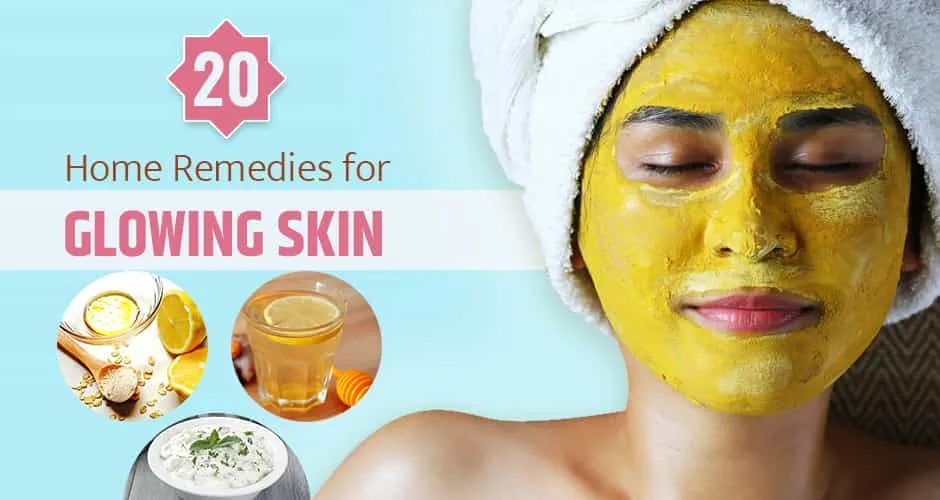
Honey is a natural humectant, meaning it attracts and retains moisture, making it an excellent ingredient for hydrating and plumping the skin. It also possesses antibacterial and anti-inflammatory properties, helping to calm and soothe irritated skin. Honey contains antioxidants that protect the skin from damage. For a simple honey mask, apply a thin layer of raw honey to your face, let it sit for 15-20 minutes, and then rinse with lukewarm water. Regular use of honey can improve skin’s elasticity and add a natural glow. The enzymes and nutrients in honey work synergistically to promote skin health and radiance, revealing a soft and supple complexion.
Turmeric’s Whitening Properties
Turmeric, a spice known for its vibrant color and numerous health benefits, also plays a significant role in skincare. Its active compound, curcumin, has potent anti-inflammatory and antioxidant properties. Turmeric helps to reduce hyperpigmentation, even out skin tone, and brighten the complexion. To use turmeric, mix it with yogurt or honey to create a mask. Apply the mask to your face and leave it on for 15-20 minutes before rinsing. Regular use can help to fade dark spots and give your skin a healthy glow. Remember to use turmeric in moderation and avoid over application, as it can stain the skin if left on for extended periods or used excessively.
Yogurt for Exfoliation and Radiance
Yogurt contains lactic acid, a gentle exfoliant that helps to remove dead skin cells and reveal a brighter, smoother complexion. It also provides hydration and can help to reduce the appearance of fine lines and wrinkles. The probiotics in yogurt can also contribute to skin health by balancing the skin’s microbiome. Apply plain yogurt to your face for 15-20 minutes, then rinse with lukewarm water. The lactic acid gently dissolves dead skin cells, promoting cell turnover and leaving your skin looking refreshed. Consistent use of yogurt masks can lead to a more radiant and even skin tone, making it an excellent addition to your routine.
Aloe Vera for Soothing and Whitening
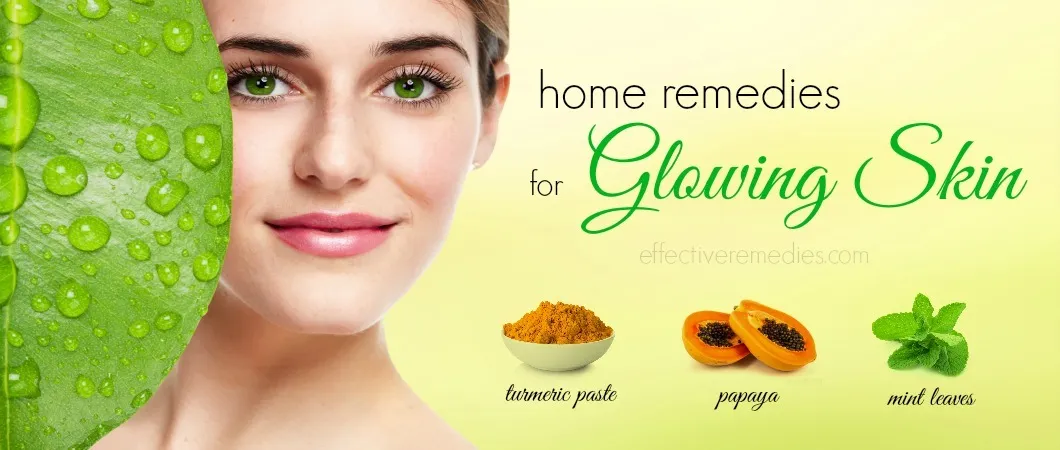
Aloe vera is renowned for its soothing and healing properties, making it a valuable addition to any skincare routine. It’s packed with vitamins, minerals, and antioxidants that help to hydrate, calm, and protect the skin. Aloe vera can also aid in skin whitening by reducing inflammation and promoting cell turnover. The cooling and soothing effects of aloe vera make it an excellent remedy for sunburns and other skin irritations. Apply fresh aloe vera gel directly to your skin or incorporate it into homemade masks and lotions. Its moisturizing properties help to improve skin elasticity, while its antioxidant content fights against free radical damage, contributing to a healthier, glowing complexion.
Home Remedies for Skin Whitening
Beyond the individual ingredients, several combination remedies can further enhance skin whitening. Mixing lemon juice with honey creates a potent brightening and hydrating mask. Combining turmeric with yogurt provides both brightening and exfoliating benefits. Adding a pinch of gram flour (besan) to any of these mixtures can act as a gentle scrub, removing dead skin cells and enhancing the whitening effect. Consistency is key when using home remedies; regular application yields the best results. Consider your skin type and adjust the ingredients accordingly, and always prioritize patch testing before applying any new remedy to your entire face. Customizing the recipes to your skin’s unique needs will help you achieve the best results.
Homemade Masks for Whitening
Homemade masks offer a tailored approach to skin whitening, allowing you to customize ingredients according to your skin type and concerns. A popular mask combines lemon juice, honey, and a touch of turmeric. Another option is to mix yogurt with oatmeal for gentle exfoliation and a brightening effect. For a hydrating and whitening mask, combine mashed avocado with a few drops of lemon juice. The key is to experiment and find what works best for your skin. Ensure that all ingredients are fresh and of high quality. Apply the mask evenly to your face, leave it on for the recommended time, and rinse thoroughly. Homemade masks offer a cost-effective and natural way to achieve a brighter, more radiant complexion.
Exfoliating Scrubs for Whitening
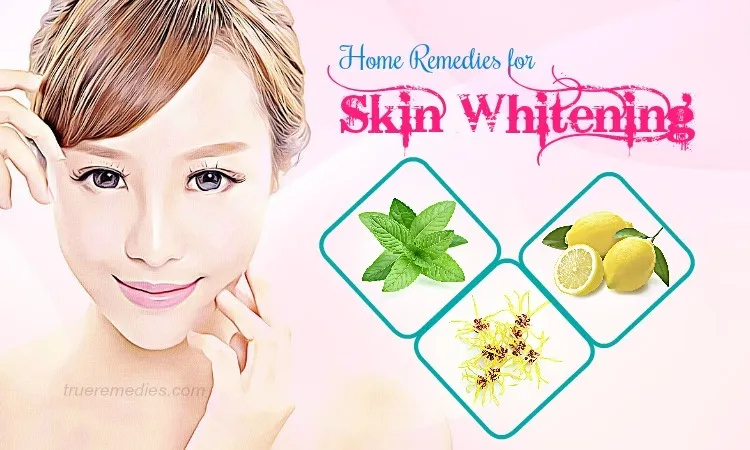
Exfoliation is essential for skin whitening, as it removes dead skin cells that can make your complexion look dull. Homemade scrubs are a fantastic way to achieve this. Mix finely ground oats with honey and a few drops of lemon juice for a gentle exfoliating scrub. Another effective scrub combines coffee grounds with olive oil, offering both exfoliation and antioxidant benefits. Sugar scrubs, mixed with honey or coconut oil, are another option, providing a smoother texture and a brighter appearance. When exfoliating, use gentle, circular motions and avoid harsh rubbing, which can irritate the skin. Exfoliate one to two times per week to reveal brighter, more even-toned skin.
Lifestyle Tips for Glowing Skin
Achieving a glowing complexion isn’t solely about topical treatments; it also involves lifestyle choices. A healthy lifestyle supports skin health from within. This holistic approach enhances the effectiveness of home remedies and ensures long-lasting results. It focuses on the habits that contribute to overall wellness and skin radiance. Addressing all of these aspects results in a much healthier you, and glowing skin!
Healthy Diet for Glowing Skin
A diet rich in vitamins, minerals, and antioxidants is crucial for achieving glowing skin. Include plenty of fruits and vegetables, such as berries, leafy greens, and citrus fruits. These foods provide essential nutrients and fight against free radical damage. Incorporate healthy fats like avocados, nuts, and seeds to keep your skin moisturized and supple. Avoid processed foods, sugary drinks, and excessive amounts of saturated fats, as these can contribute to inflammation and skin issues. A well-balanced diet fuels your skin with the necessary building blocks for repair and radiance. Eating a rainbow of colorful produce ensures a broad spectrum of nutrients for optimal skin health.
Importance of Hydration

Hydration is the cornerstone of glowing skin. Water keeps your skin cells plump and hydrated, reducing the appearance of fine lines and wrinkles and enhancing your skin’s natural radiance. Aim to drink at least eight glasses of water per day. In addition to drinking water, you can also hydrate your skin from the outside using hydrating serums and moisturizers. Dehydrated skin can appear dull and lackluster, while well-hydrated skin appears plump and glowing. Staying hydrated is one of the simplest yet most effective ways to improve your skin’s appearance and overall health. Consider carrying a reusable water bottle and sipping water throughout the day to maintain optimal hydration levels.
Sun Protection
Sun exposure is a major factor in skin aging and can lead to uneven skin tone and hyperpigmentation. Protecting your skin from the sun is non-negotiable for achieving and maintaining glowing skin. Apply a broad-spectrum sunscreen with an SPF of 30 or higher daily, even on cloudy days. Wear protective clothing, such as hats and long sleeves, when spending time outdoors. Seek shade during peak sun hours, typically between 10 AM and 4 PM. Consistent sun protection prevents sun damage and protects your skin from further issues. By adopting these sun protection practices, you can preserve your skin’s youthful appearance and maintain its natural glow.
Routine for Glowing Skin
Developing a consistent skincare routine is essential for achieving and maintaining glowing skin. This involves establishing a daily and weekly regimen that supports your skin’s health and addresses specific concerns. Building a strong routine also incorporates the lifestyle changes mentioned above. Consistency and dedication are the keys to success when it comes to getting the best results from your skincare efforts. A simple routine, consistently followed, is more effective than an elaborate one that is sporadically performed. By adopting a regular skincare routine, you empower yourself to take control of your skin’s health and appearance.
Cleansing Routine
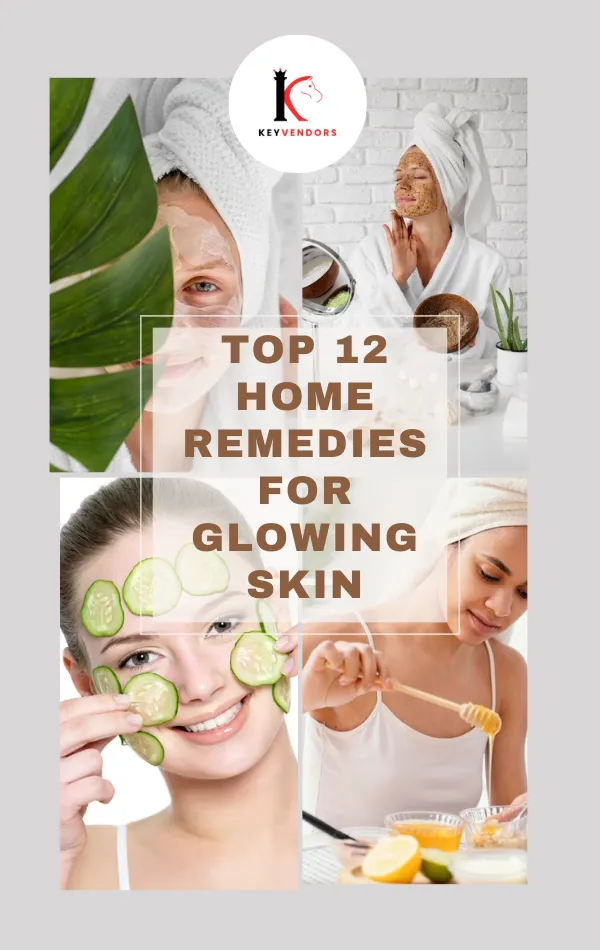
A thorough cleansing routine is the foundation of any effective skincare regimen. Cleansing removes dirt, oil, makeup, and impurities, preventing clogged pores and breakouts. Choose a gentle cleanser appropriate for your skin type, and cleanse your face twice daily – once in the morning and once at night. Use lukewarm water and avoid harsh scrubbing. After cleansing, gently pat your skin dry with a soft towel. Cleansing prepares the skin for other products and helps them to absorb more effectively. By maintaining a consistent cleansing routine, you provide a clean slate for your skin to thrive and maintain its natural glow.
Moisturizing Routine
Moisturizing is crucial for maintaining skin hydration, which is essential for a glowing complexion. Apply a moisturizer appropriate for your skin type after cleansing, while your skin is still slightly damp. This helps to lock in moisture and prevent dryness. Choose a moisturizer with ingredients like hyaluronic acid, ceramides, and natural oils to hydrate and nourish your skin. In the morning, always apply sunscreen after moisturizing. Consistent moisturizing keeps your skin plump, supple, and radiant. Regular moisturizing protects the skin from environmental damage and supports its natural barrier function. By incorporating moisturizing into your daily routine, you can ensure your skin stays healthy and glowing.
Maintaining the Glow
Maintaining a glowing complexion requires a long-term commitment to healthy habits and consistent skincare practices. Continue to incorporate the natural remedies and lifestyle tips discussed in this article. Regularly assess your skin’s needs and adjust your routine as necessary. Be patient and persistent, as results take time. Don’t be discouraged if you don’t see immediate results, as consistency is key. Embrace a holistic approach to skincare, focusing on both internal and external factors. Enjoy the process of nurturing your skin and celebrating the radiant, healthy glow you achieve. Your dedication to caring for your skin will be reflected in its luminosity, and you will get the best and longest lasting results.
